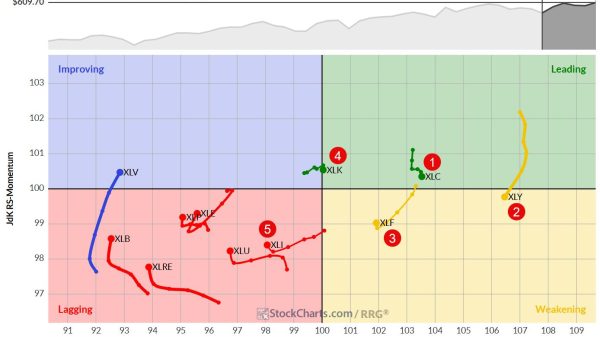Barely one in ten aspiring first-time buyers can now purchase a home without family assistance, new research from Skipton Group reveals.
The owner of Connells estate agency calculates that only 11.5 per cent of potential homeowners are able to buy in their local area on their own income.
Skipton’s analysis of average incomes and house prices shows Ceredigion in west Wales as the UK’s least affordable region, with fewer than 3 per cent of locals able to afford a typical starter property. Wales dominated the least affordable list, largely because of what Skipton describes as “very low” average earnings rather than soaring property prices.
In London’s Square Mile, the City of London, 3.2 per cent of first-time buyers are able to climb onto the property ladder unassisted, with higher house prices offset somewhat by higher salaries. Meanwhile, the most affordable regions are almost all in Scotland, led by Aberdeen, where about a third of local prospective buyers can purchase unassisted. Manchester is the sole English location to make the top ten, at roughly 23 per cent.
With house values outstripping wages over the past decade, many younger buyers are increasingly dependent on family contributions – the so-called Bank of Mum and Dad. According to Legal & General, parents contributed £9.2 billion last year alone.
Skipton Group’s chief executive, Stuart Haire, warns the challenges are poised to intensify with the forthcoming stamp duty shake-up. From April, the threshold at which first-time buyers start paying stamp duty will revert from £425,000 to £300,000, potentially adding as much as £6,250 to overall purchase costs.
This will see the share of local authorities where stamp duty applies on a typical first-time home leap from 8 per cent to 32 per cent, according to Skipton. Haire is urging the government to keep the nil-rate band for first-time buyers at £425,000 and index it with inflation.
He also highlights a looming crisis for savers using Lifetime ISAs (Lisas), which currently allow tax-free savings for a property costing up to £450,000. Projections indicate that 10 per cent of first-time homes will exceed that limit by 2027, risking penalties for those who exceed the cap or wish to withdraw funds early. Haire is calling on the government to raise the Lisa price cap to £500,000 and reduce withdrawal penalties.
“Across the country we see first-time buyers doing all they can to afford a home of their own,” Haire says. “But monumental barriers stand in their way – barriers that can and should be removed.”
Read more:
First-time homeownership slips further out of reach without family assistance




























